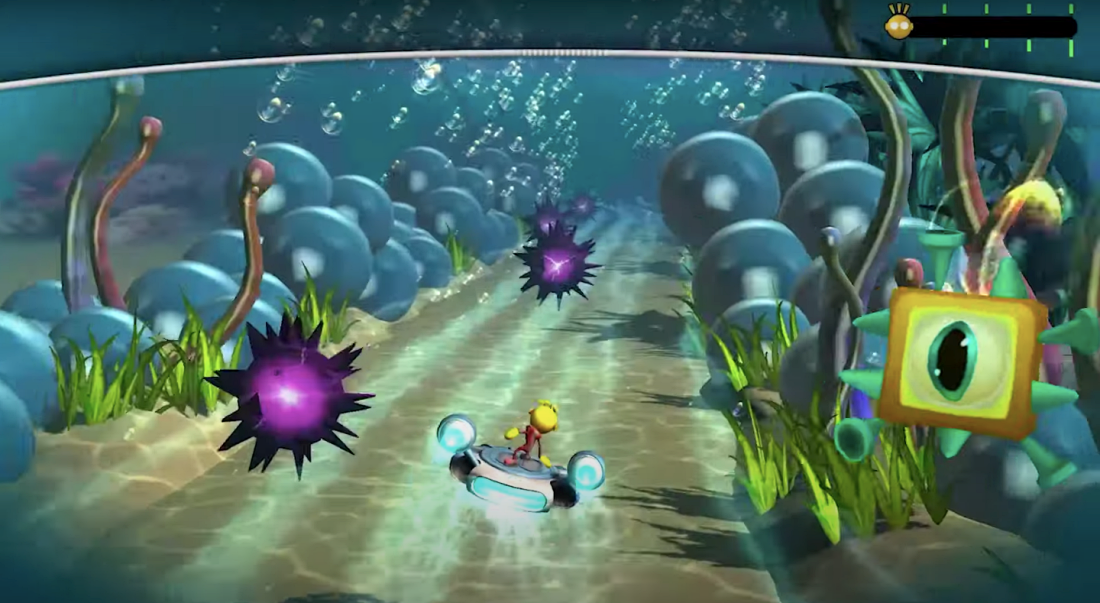Roughly a year after the World Health Organization declared video game addiction a mental illness, the U.S. Food and Drug Administration has officially approved a video game as a mental health tool to help treat ADHD in children.
The game in particular is a new creation from interactive software developer Akili Interactive Studios, dubbed EndeavorRX. It’s the first-ever prescription video game, and it’s planned for launch on iOS devices.
EndeavorRX is a racing game, in essence, tasking players with picking out specific cues and distinguishing distracting cues from non-distracting ones.
The FDA said EndeavorRX is meant to:
improve attention function as measured by computer-based testing and is the first digital therapeutic intended to improve symptoms associated with ADHD, [and it is] the first game-based therapeutic granted marketing authorization by the FDA for any type of condition.
However, the bureau also notes the game should be used in conjunction with other treatment options, including medication therapy. And you can’t exactly get a prescription for it right away either, as Akili told The Verge EndeavorRX isn’t ready for launch yet.
That said, the FDA did create a new category specifically for games-as-therapy to make it easier for developers to get marketing approval for similar games in the future.
But there are a few important things to note about Akili and EndeavorRX, apart from the fact that the study was carried out by researchers affiliated with the developer.
The research study the FDA based its approval on makes mention of significant limitations in the process. Some of these include how the researchers didn’t gather information about how or why the game works in treating ADHD, nor did they try and test the effects in a real-world situation or using different “dosing” schedules.
Instead, tests were carried out in one setting simulating a “tedious” school scenario, for 25 minutes per day, five days per week.
There’s also some discrepancies between the officially published study and Akili’s presentation of the findings published informally three months before the article. Akili claimed the test groups included children taking ADHD medications, but the official study says that wasn’t the case.
Akili also said clinicians noted improvements in symptoms and impairments, while the official study hedges that by saying some improvements might not be easily noticed and it treats certain symptoms, not necessarily impairments.
In other words, more testing is needed, as the study mentions at the end. Still, it’s a step forward for treatment, as research psychologist Dr. Rachel Kowert mentioned on Twitter. According to Kowart, “games have been informally used [for treatment] for years,” though this is the first time a body with authority has recognized their use for mental health treatments.







Published: Jun 16, 2020 12:11 pm